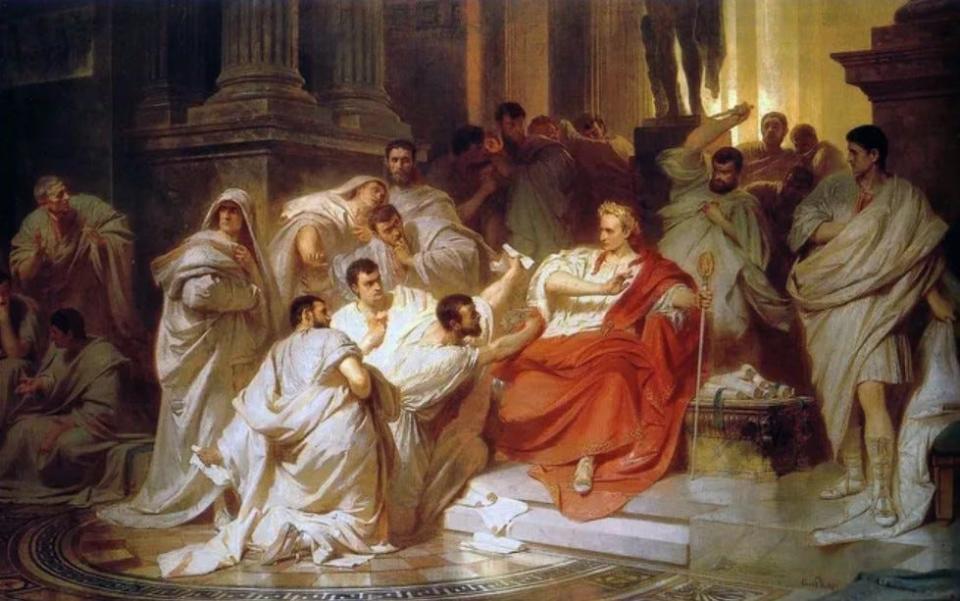Why do we have Leap Day? What to know about the science behind the extra calendar day
There are only 24 hours in a day, and only 365 days in a year, it's often said.
But every four years, that changes. This year is a leap year, which means we have 366 days in 2024.
Here's what you need to know about when that extra day is added to the calendar, and why we have leap year in the first place.
When is Leap Day?
Leap day, the extra day added to the calendar during a leap year, always comes on Feb. 29.
This adds one more day to the shortest month of the year.
Why do we have Leap Day?
Because the Earth actually takes about 365.25 days to rotate around the sun, an extra day is added every fourth year to make up for this time.
Without leap day, the seasons would begin to drift. Every 700 years, summer would start in December in the Northern Hemisphere, rather than in June, according to the Smithsonian Air and Space Museum.
How often do we have leap year?
But even with leap day, the math doesn't exactly, well, math.
Leap day adds about 44 minutes too many to the calendar. So, to make up for this, leap year is skipped during years divisible by 100 but not 400.
For example, the year 2000 was a leap year, but the years 1700, 1800 and 1900 were not.
When did Leap Year start?

Julius Caesar often gets credit for coming up with leap year, but when making the Julian calendar he took inspiration from the Egyptians. The Egyptians were using a solar calendar spanning 365 days with a leap year every four years by the third century BCE, National Geographic reports.
The Julian calendar began officially on Jan. 1 in 45 BCE and continued to be used until the 16th century when the slightly overestimated solar calendar had caused major dates like Easter to change.
The holiday is supposed to occur on the first Sunday following the first full moon on or after the spring equinox. At the time, Easter's date had moved by about 10 days.
So Pope Gregory XIII introduced the Gregorian calendar, eliminating leap year during the centurial years not divisible by 400.
Despite its accuracy, the Gregorian calendar is not flawless. Instead of being off by one day every 128 years like the Julian calendar, the Gregorian calendar falls short once every 3,030 years, the History Channel reports.
How to celebrate a Leap Day birthday
Being born on Feb. 29 means you only get to celebrate your actual birth date every four years.
Many leap day babies celebrate on Feb. 28 or March 1 during non-leap years.
Contributing: Olivia Munson, USA Today
This article originally appeared on Oklahoman: Why do we have Leap Day? The math behind the extra day in February

